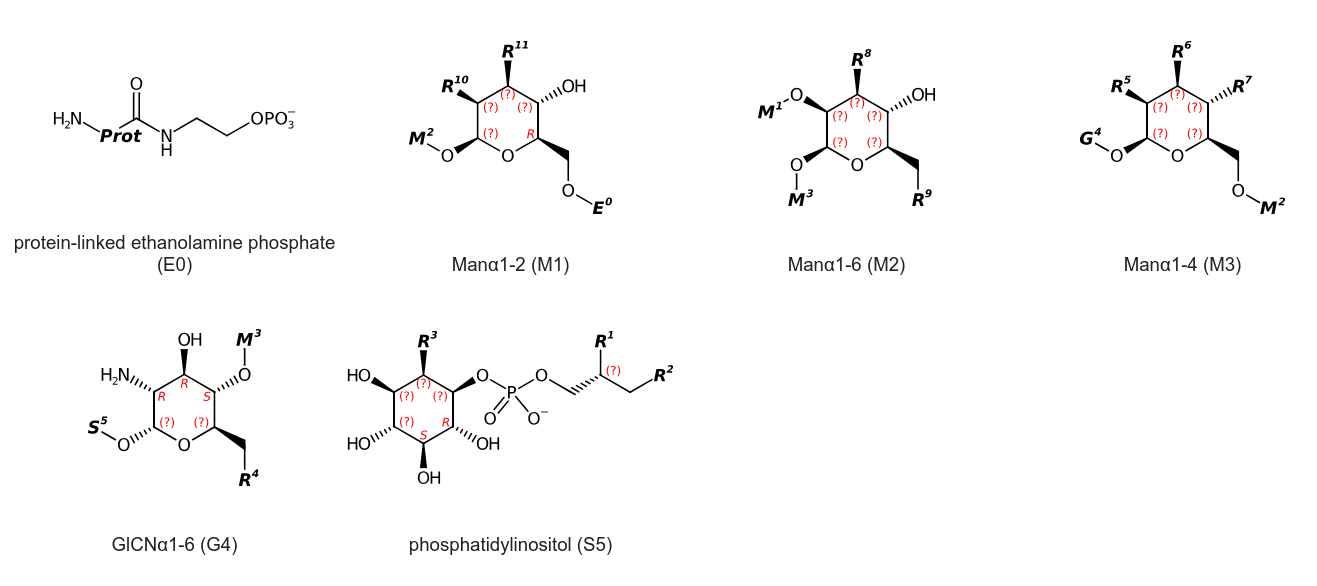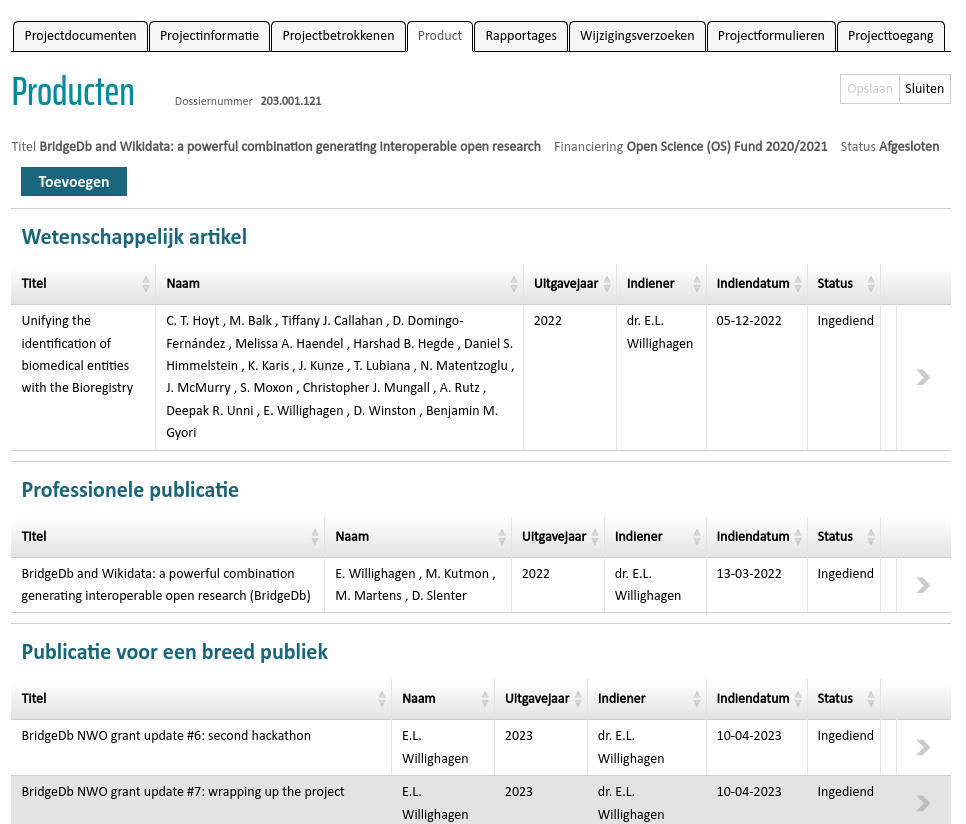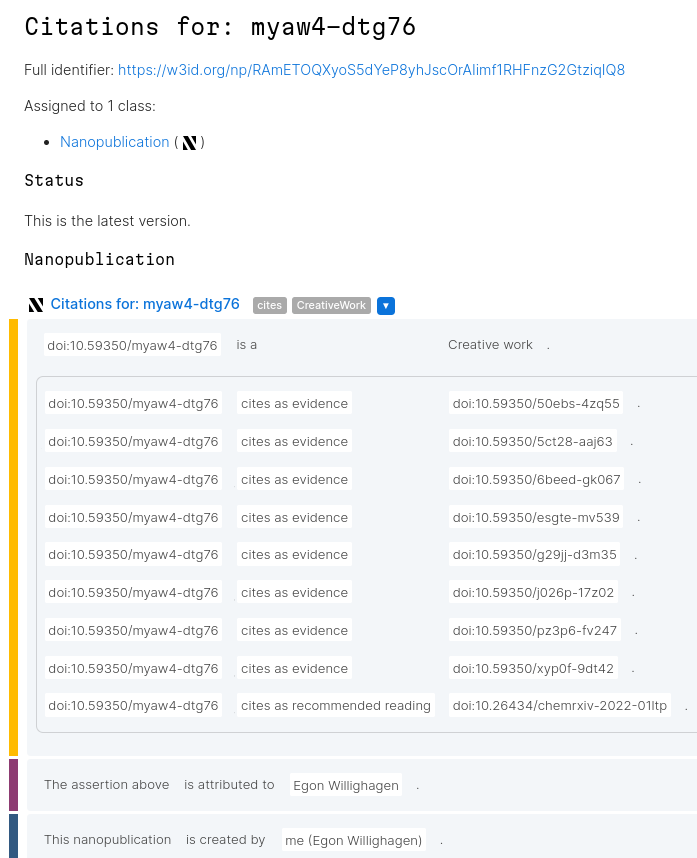-
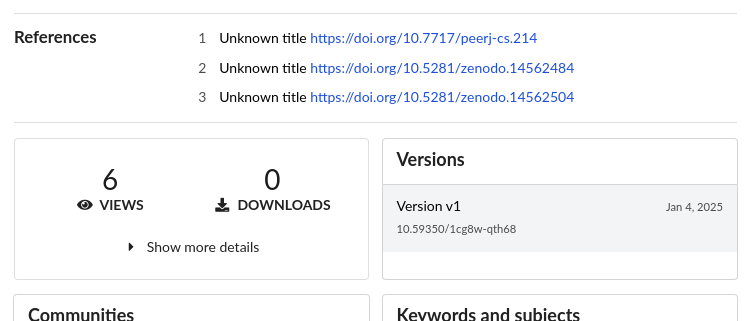
Blog updates
One-and-a-half years ago I started migration my blog from blogger.com to a Markdown and Git-based blog. It has been a fascinating journey that I do not regret. I love being back in control and not reliant on features of some content management system. I learned so much along the way, including Jekyll and Liquid to start with, but also Fontawesome (for better or worse)m and Goatcounter for GDPR-compatible and privacy-first impact tracking. -
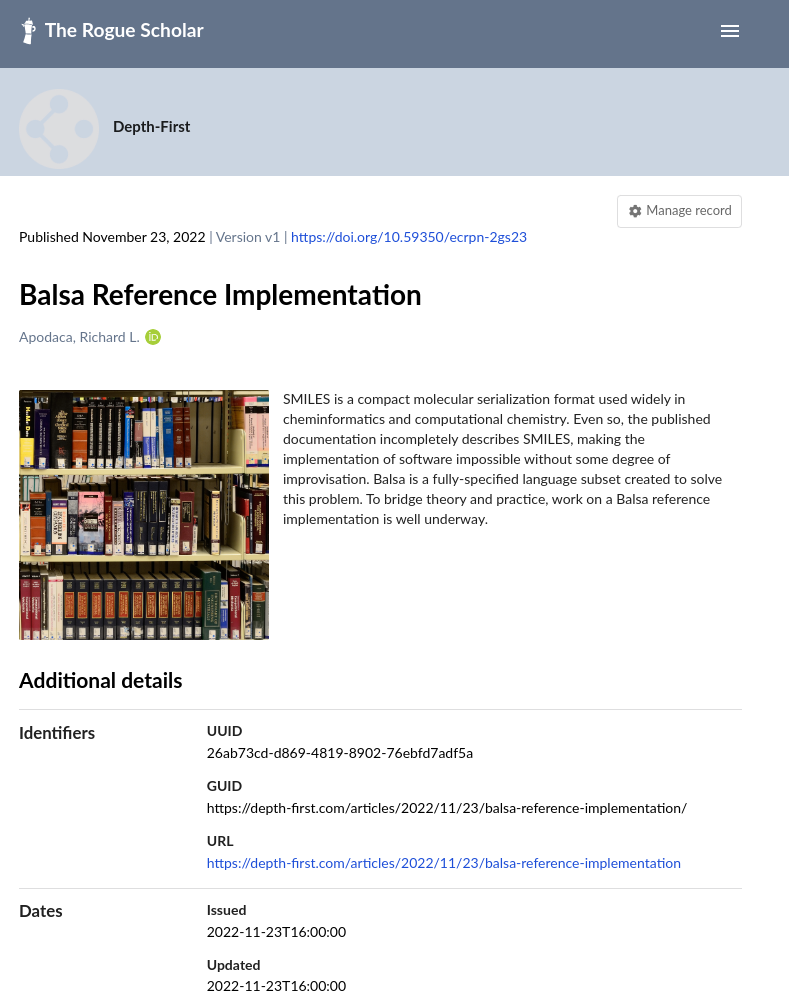
Archiving blogs
Blogs come and go. Sometimes they move from one location to another. However, blogs have not been systematically archived, perhaps for work by efforts by OpenLaboraty. Bora Zivkovic gave in 2012 a good overview , to which Paul Raeburn replied: “If you weren’t blogging in the mid-2000s, when all the science bloggers knew and blogrolled each other, you’ve already missed the golden age.”. I think blogging is as strong as ever, but a lot of blogs have become more like columns in bigger media. Archiving of blog had not been done systematically, tho some posts made it into print, for example in the Open Laboratory series. Some copies made it into libraries, e.g. 2006, 2010, and 2012. -
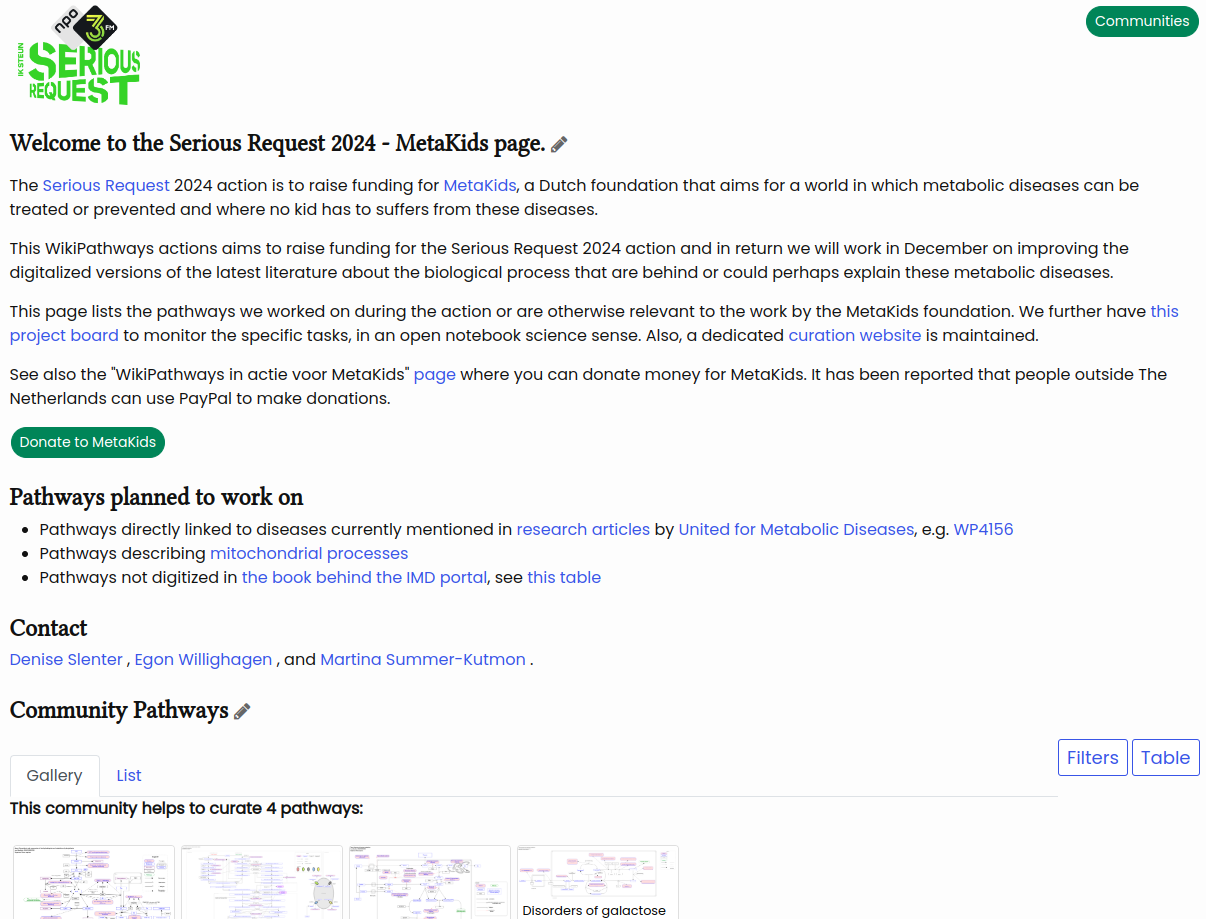
Serious Request: "WikiPathways in actie voor MetaKids"
Every day a child is born with an inherited metabolic disorder, and many do not grow old. MetaKids is a Dutch foundation that collects money and raises awareness and the charity selected this year for the NPO (Dutch national radio/tv) 3FM Serious Request. This has become a Dutch tradition. Serious Request will play music on the radio, when people contributed to the fundraiser, and the more money, the more often the music gets played. -
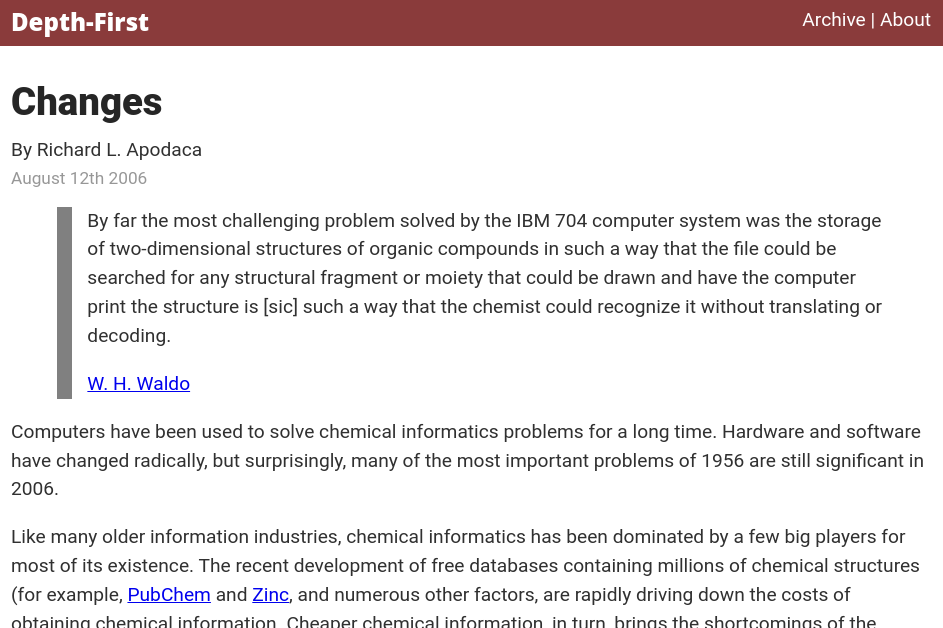
Richard L. Apodaca
If you are into openscience chemistry or chemistry blogging, then you probably heard of Rich Apodaca’s Depth-First blog. Rich started blogging in 2006 but this is not how I discovered his work originally. I know that we at least already had contact in 2005, because that is when he wrote about an integration between his Octet library and the Chemistry Development Kit in the CDK News (volume 2, issue 2), CDKTools: The CDK-Octet Bridge. In 2006 he reviewed our use of the Open Journal System for CDK News .
